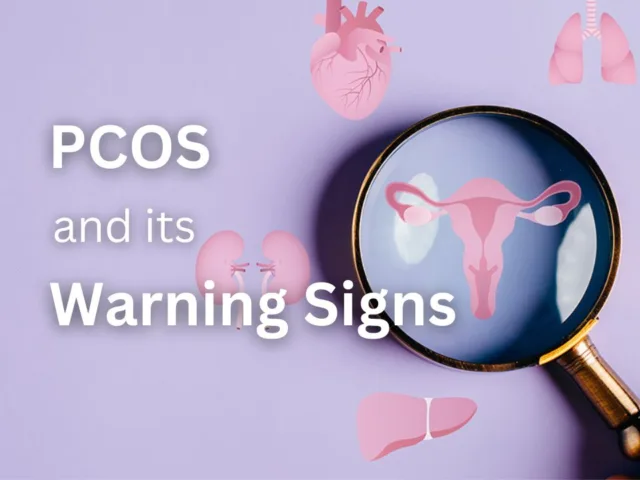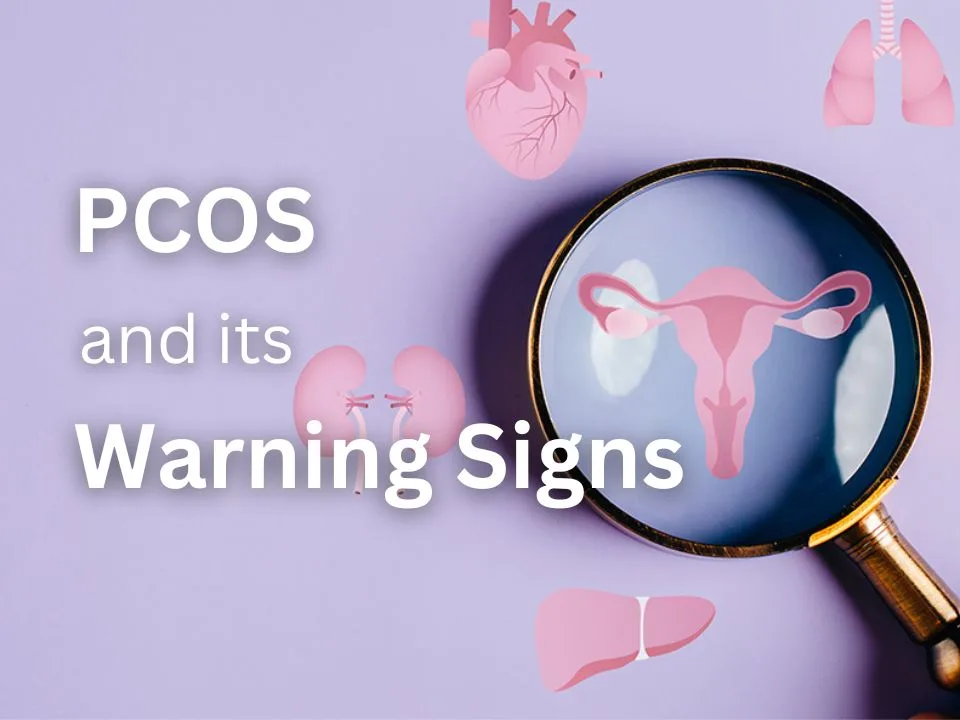
Polycystic Ovary Syndrome (PCOS) is a common hormonal disorder among women of reproductive age. It affects millions worldwide, yet it often goes undiagnosed or misdiagnosed due to its varied symptoms. PCOS can lead to complications like infertility, diabetes, and heart disease if left untreated.
Recognizing the warning signs is crucial for early intervention and effective management. In this article, we’ll delve into the key symptoms of PCOS and shed light on why prompt diagnosis is essential for women’s health.
What Is PCOS?
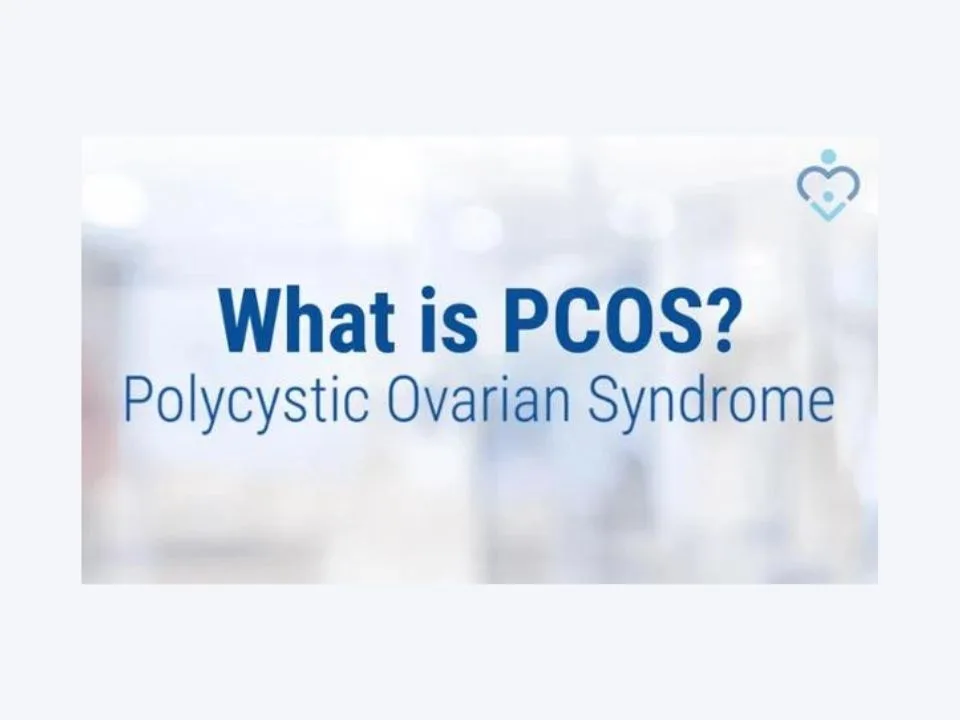
Image via Moreland OB-GYN
Polycystic Ovary Syndrome is a hormonal disorder characterized by imbalanced reproductive hormones. Women with PCOS typically have higher levels of androgens (male hormones) than normal, which can disrupt the menstrual cycle and lead to the growth of small cysts on the ovaries. These hormonal imbalances can affect fertility and may lead to various long-term health issues if left untreated.
Common Warning Signs Of PCOS
1. Irregular Menstrual Cycles

Image via Dr. Mehta’s Hospitals
One of the primary indicators of PCOS is irregular periods. Women with PCOS may experience infrequent, prolonged, or unpredictable menstrual cycles due to hormonal imbalances. Some may even experience amenorrhea, where periods stop altogether for several months.
2. Excessive Hair Growth (Hirsutism)

Image via Dr. Shiva
PCOS can cause hirsutism, which is the abnormal growth of hair on the face, chest, back, or buttocks. This excessive hair growth is often coarse and dark, resembling male-pattern hair growth. It occurs due to elevated levels of androgens in the body, a hallmark of PCOS.
3. Acne & Skin Issues
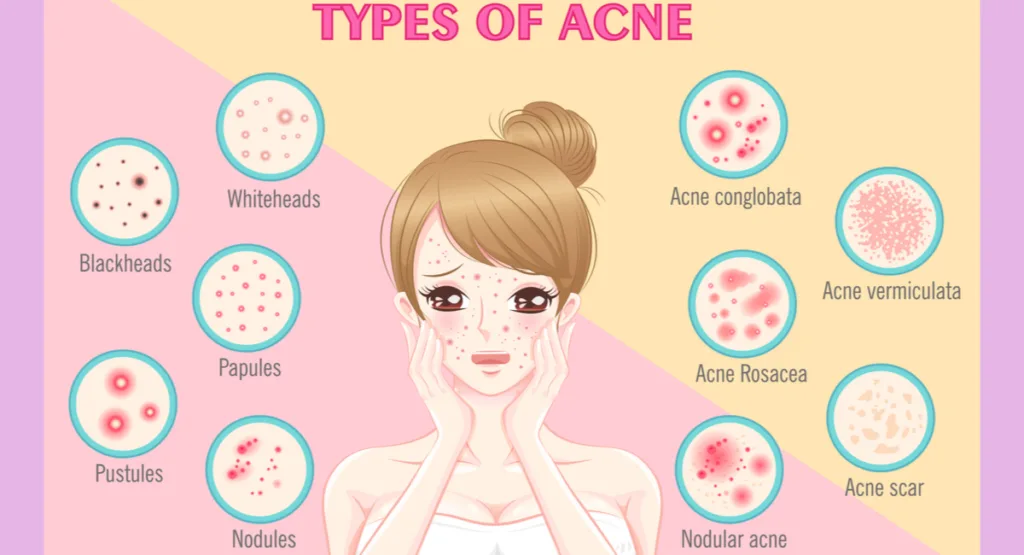
Image via Pharmacy Planet
Skin problems such as acne, oily skin, and dandruff are common in women with PCOS. Androgens stimulate the production of sebum, an oily substance that can clog pores and lead to acne breakouts. Skin tags and dark patches on the skin, known as acanthosis nigricans, may also be present in some cases.
4. Weight Gain & Difficulty Losing Weight
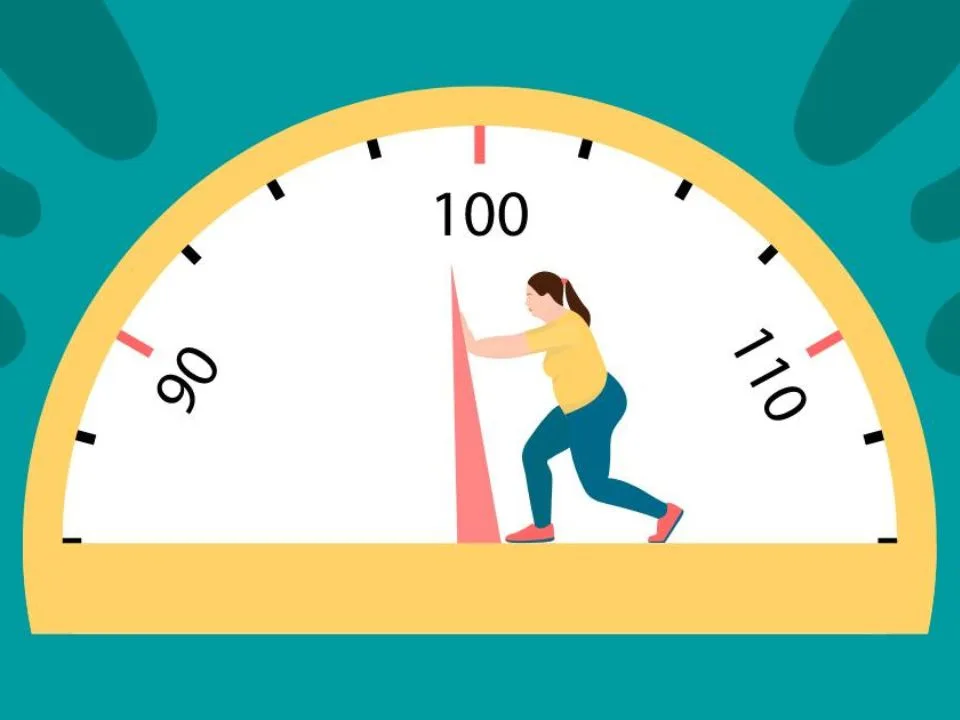
Image via Sitelikeet
Many women with PCOS struggle with weight management. Insulin resistance, a common feature of PCOS, can lead to weight gain, particularly around the abdomen. Despite efforts to lose weight through diet and exercise, women with PCOS may find it challenging to shed excess pounds.
5. Difficulty Conceiving (Infertility)

Image via Evidently Cochrane
PCOS is one of the leading causes of female infertility. The hormonal imbalances associated with PCOS can disrupt ovulation, making it difficult for women to conceive. Irregular periods and anovulation (lack of ovulation) are common obstacles for women with PCOS who are trying to become pregnant. Here are some suggestions for nourishing food choices for PCOS.
Recognizing the warning signs of PCOS is the first step towards diagnosis and management. If you experience any of the symptoms mentioned above, it is essential to consult a healthcare provider for evaluation and appropriate treatment.
While PCOS cannot be cured, lifestyle modifications, medications, and hormonal therapies can help alleviate symptoms and improve overall health and well-being. Early intervention is key to managing PCOS effectively and reducing the risk of long-term complications.




